Celebration of early European classical music includes fresh twists, Chinese elements, Chen Nan reports.
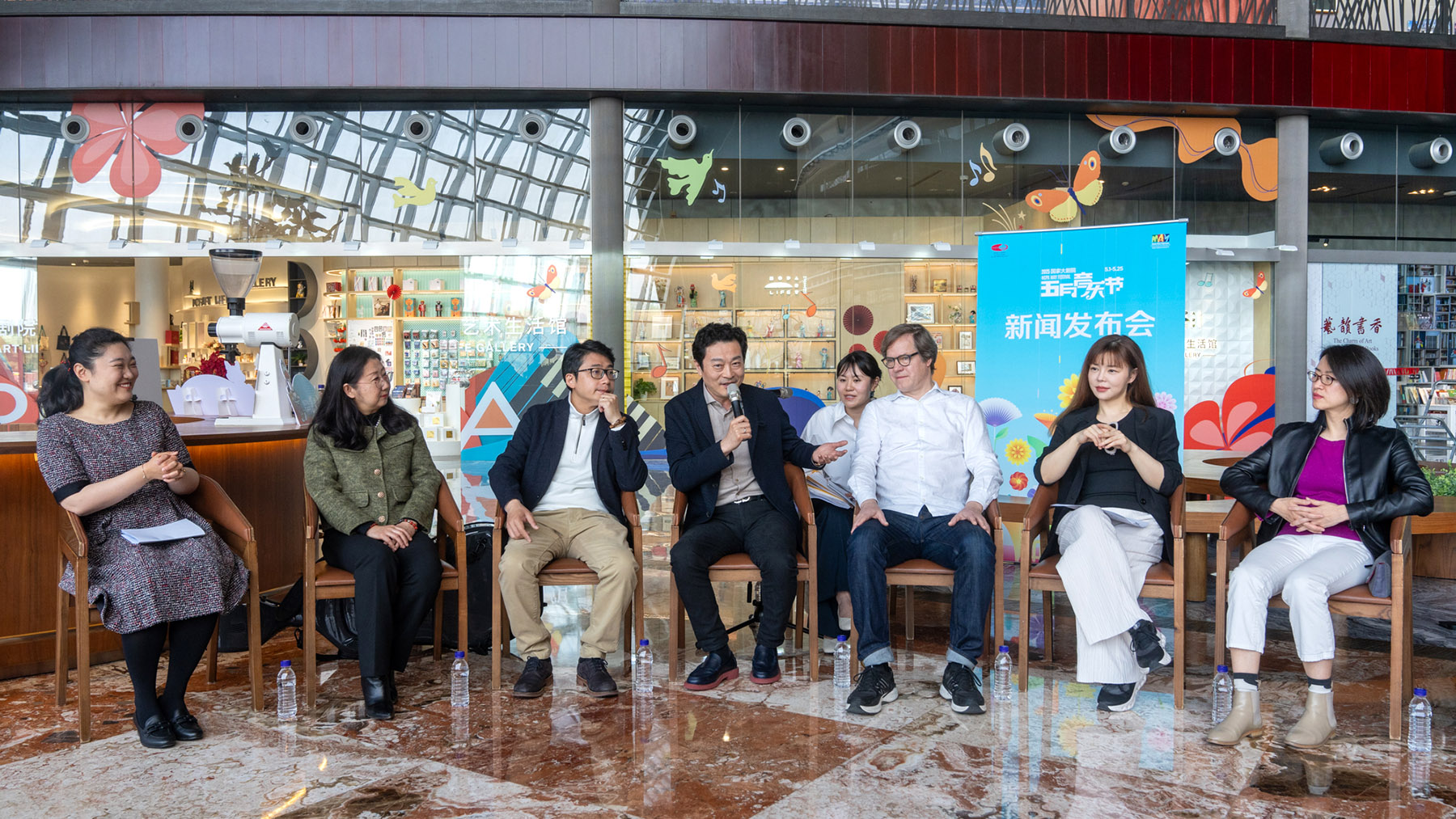
German cellist Jan Vogler vividly remembers his debut performance at the National Centre for the Performing Arts in Beijing in March 2023. He was thrilled to be one of the first foreign musicians to perform at the venue after the pandemic. During his recital, which lasted three hours, Vogler presented Bach's six complete cello suites.
Two years later, Vogler is returning to the NCPA, but this time, he will perform with Chinese musicians during the upcoming NCPA May Festival. The annual event, which shines a spotlight on the beauty and diversity of chamber music, began in 2009.
This year's festival, which takes place from May 1 to 25, includes 27 concerts by musicians from all over the world.
READ MORE: A symphony of celebration
"For the past 15 years, the May music festival has focused on chamber music, connecting well-known artists and ensembles, exploring cross-genre collaborations, and making it accessible to a broader audience," says Wang Luli, deputy director of the NCPA's program management department. "This year, we will continue to celebrate the rich tradition of chamber music, while incorporating elements from jazz, classical guitar, a cappella, and other genres."
Vogler's participation will begin with the opening concerts on May 1 and 2, when he will perform Ravel's Sonata for Violin and Cello, M 73 with violinist Zhu Kaiyuan, and Tchaikovsky's Andante Cantabile alongside violinists Lyu Siqing, Huang Mengla, violist Su Zhen, and clarinetist Wang Tao.
"Chamber music has the wrong reputation," Vogler says, reflecting on his experience at the NCPA in Beijing on April 10. "People often think it is played by small groups with little energy, but the opposite is true. Composers often wrote chamber music for their friends, and poured their hearts into it. In the 19th century, in Germany, where I come from, many composers created their most celebrated music for the chamber, not orchestras.
"If you listen to these pieces, they are full of energy," he adds. "You might even feel more energy than you would at a large orchestral concert. Let's rethink the idea of chamber music."
Born into a musical family in Leipzig, Vogler credits chamber music as one of the driving forces behind his decision to become a cellist. "My parents would play chamber music with their friends at home. As a child, I was surrounded by the sound, and that's how I learned to play the cello."
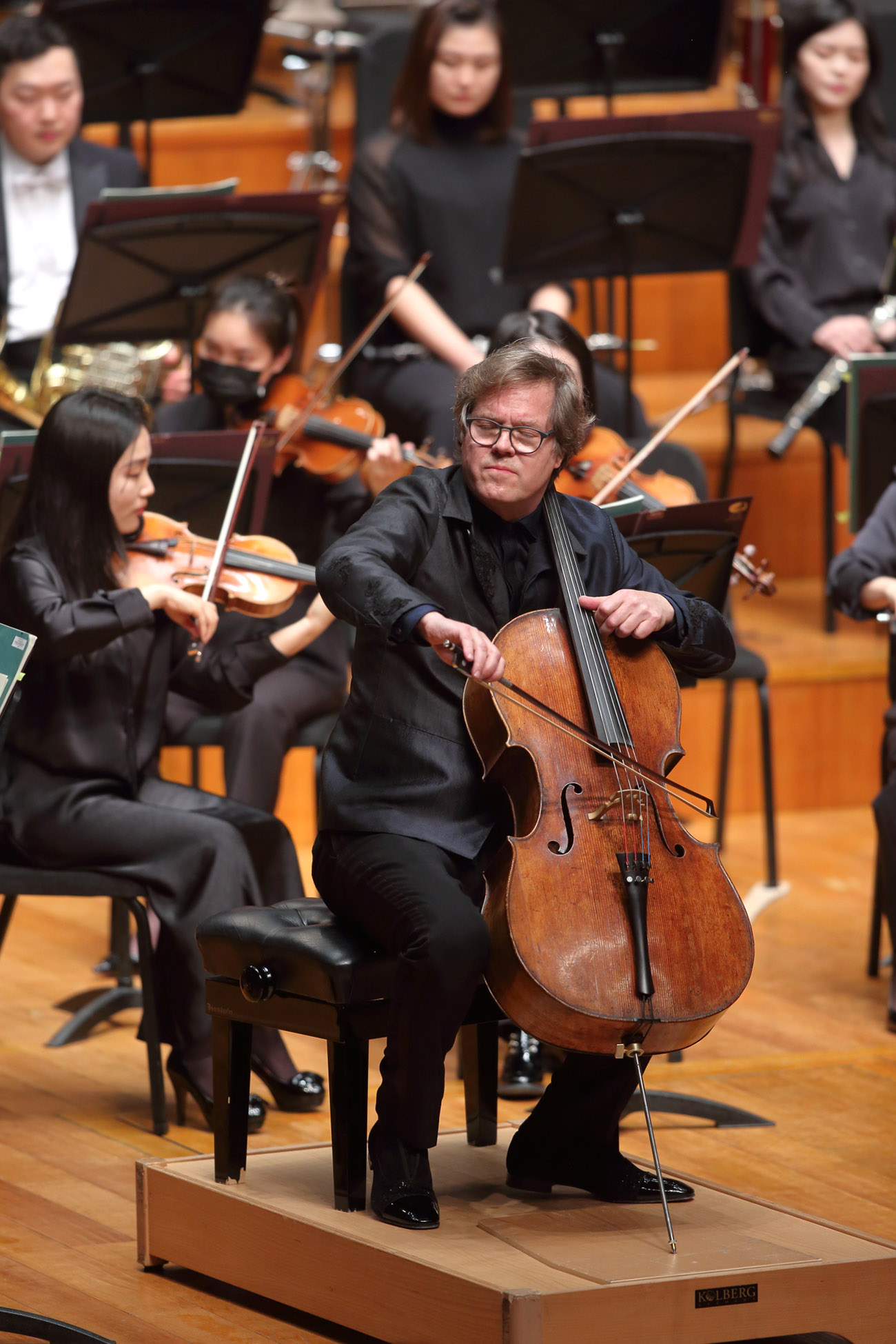
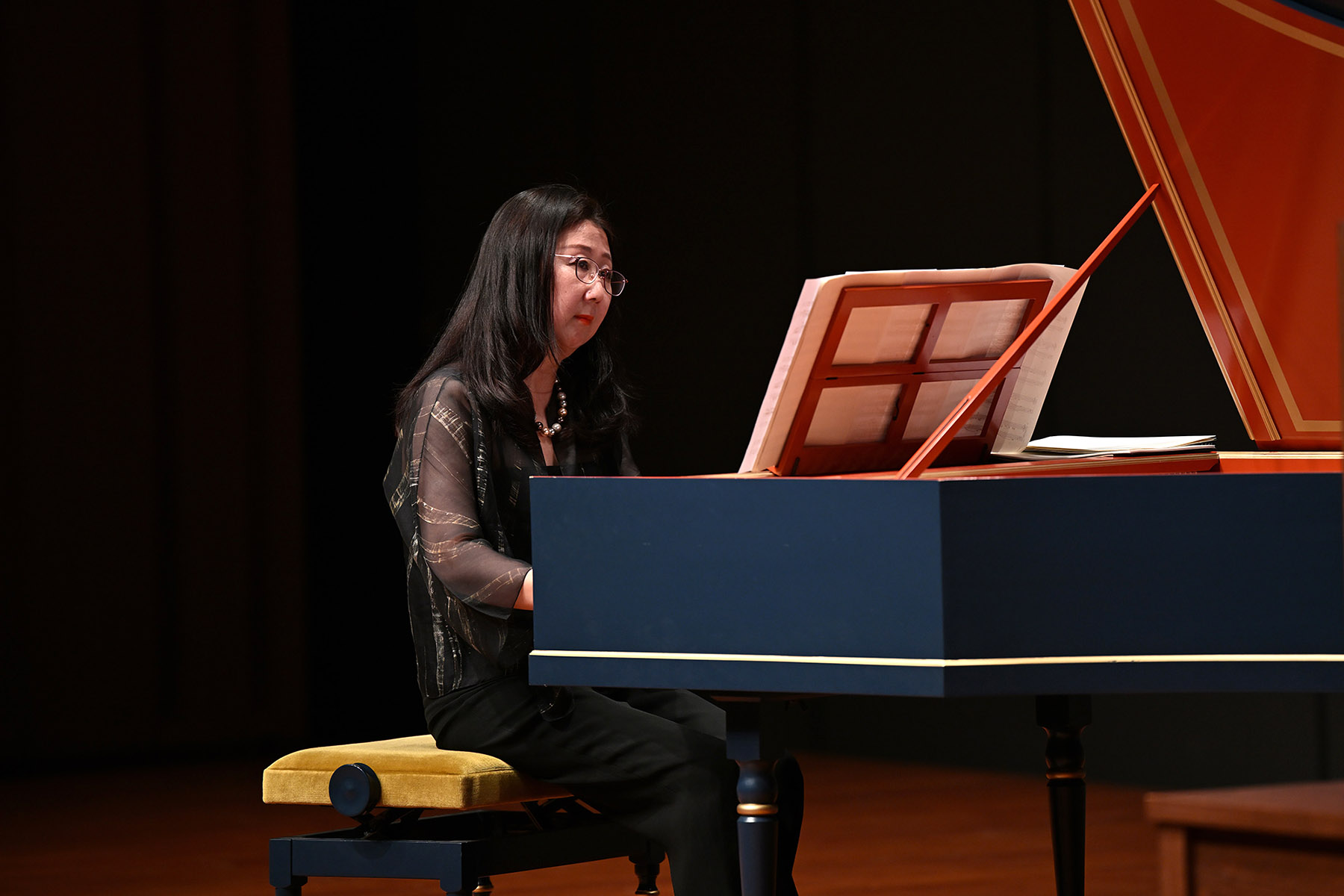
In addition to the opening concerts, Vogler will also join forces with pianist Chen Sa for a special performance at the Beijing Performing Arts Centre on May 4, where they will present the complete cycle of Beethoven's five sonatas for cello and piano.
Chamber music, often referred to as the "conversation of instruments", is one of the most intimate and intricate forms of classical music. According to celebrated violinist Lyu, artistic director of the NCPA May Festival, chamber music is a dialogue among musicians.
"In chamber music, the musicians are not just performers, but active participants in a shared interpretation of the music. They react to each other's nuances in real time," Lyu says.
"Every year, we strive to present a diverse program to demonstrate the particular beauty of chamber music. This year, we've invited a new generation of composers and performers, as well as friends like Jan Vogler to join us," he adds.
One highlight will be the premiere of The Four Seasons of China, a new composition by Wen Ziyang. Inspired by Vivaldi's The Four Seasons, the piece consists of 12 movements with a duration of approximately 45 minutes.
"The 12 distinct melodies, each with its own style, evoke vivid imagery encompassing poetry, landscapes, and emotions," says Lyu, who premiered the piece last year with young musicians.
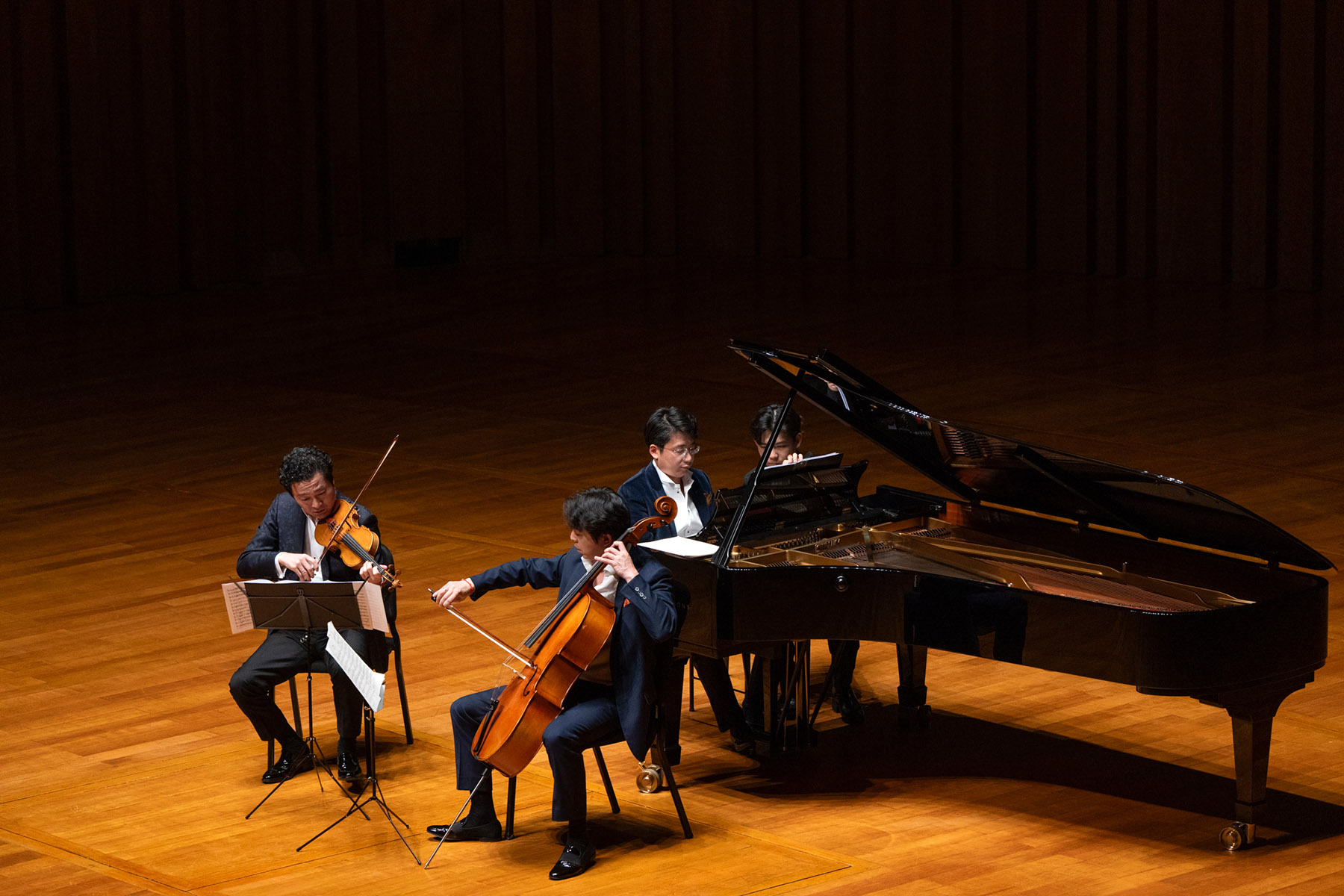
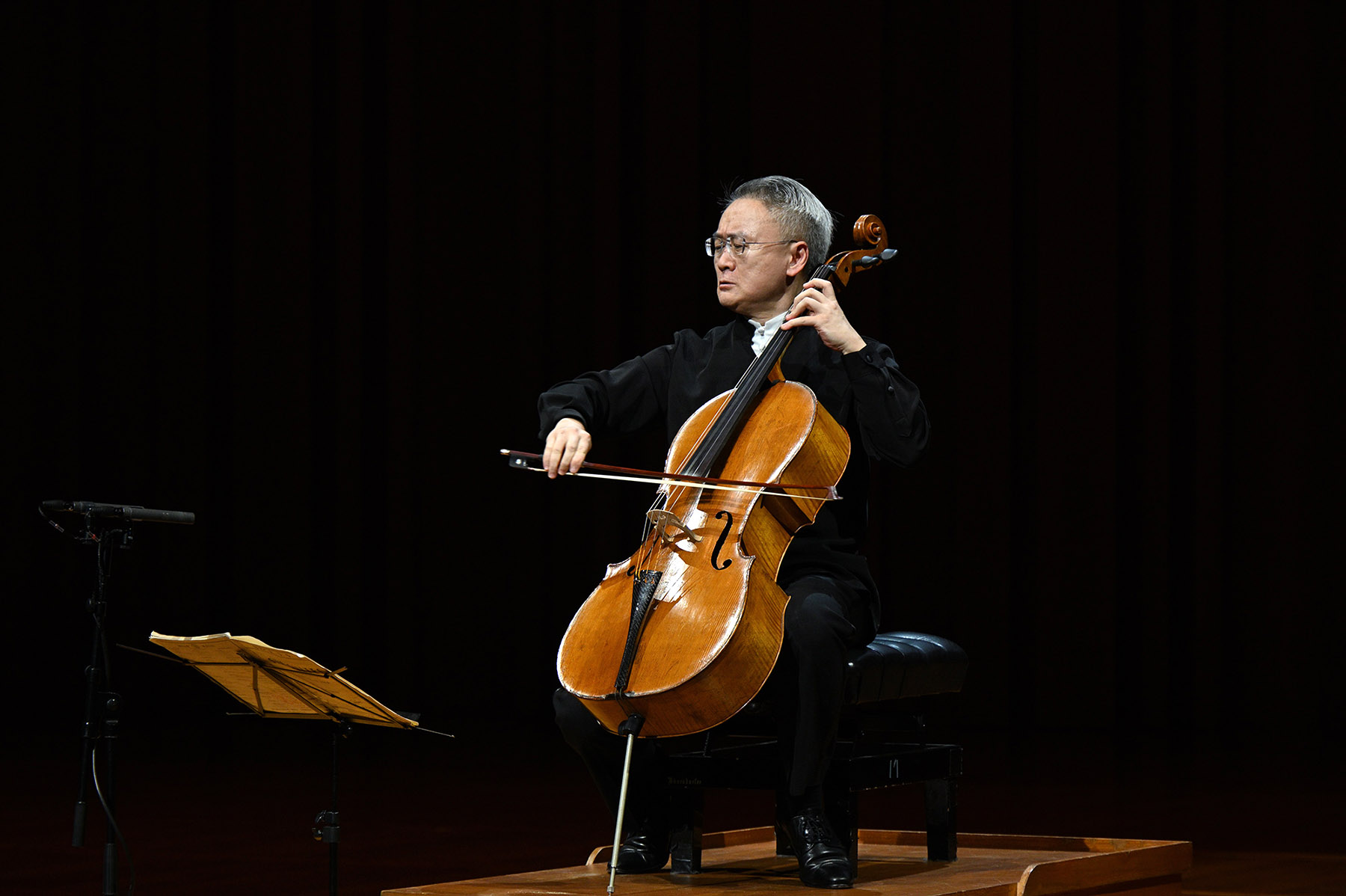
On May 4, harpsichordist Shen Fanxiu will perform at the NCPA alongside violinist Li Da, cellist Yu Jia, and soprano Zhang Zhang. A professor at the Central Conservatory of Music, Shen explains how chamber music and the harpsichord are historically intertwined. "The harpsichord was at its height during the Baroque period, and many early composers, like Bach and Handel, wrote music specifically for it. Featuring the harpsichord in a chamber music setting connects modern audiences to the roots of Western classical music.
"In a chamber setting, the harpsichord blends seamlessly with familiar instruments like strings, flute, or voice. This setting helps introduce the harpsichord to new listeners and bridges the gap for those unfamiliar with early music."
ALSO READ: The poetry of prose in music
Other major performances will include a concert on May 8 at the NCPA by violinist Ning Feng and his ensemble, featuring work by Shostakovich to commemorate the 50th anniversary of the composer's death.
On May 24, Lyu's ensemble, Major Trio — including pianist Sun Yingdi, and cellist Li-Wei Qin — will appear at the Beijing Performing Arts Centre. The same evening, cellist Wang Jian will deliver a recital at the NCPA, closing the 2025 festival.
Contact the writer at chennan@chinadaily.com.cn


